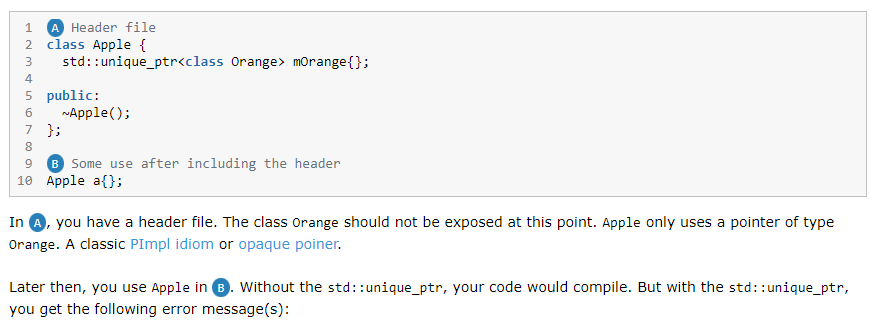2024-01 Mailing Available
The 2024-01 mailing of new standards papers is now available.
| WG21 Number | Title | Author | Document Date | Mailing Date | Previous Version | Subgroup |
|---|---|---|---|---|---|---|
| P1255R11 | A view of 0 or 1 elements: views::maybe | Steve Downey | 2024-01-12 | 2024-01 | P1255R10 | SG9 Ranges,LEWG Library Evolution |
| P1255R12 | A view of 0 or 1 elements: views::maybe | Steve Downey | 2024-01-16 | 2024-01 | P1255R11 | SG9 Ranges,LEWG Library Evolution,LWG Library |
| P1709R5 | Graph Library | Phillip Ratzloff | 2024-01-15 | 2024-01 | P1709R4 | SG6 Numerics,SG14 Low Latency,SG19 Machine Learning |
| P2019R5 | Thread attributes | Corentin Jabot | 2024-01-13 | 2024-01 | P2019R4 | LEWG Library Evolution |
| P2527R3 | std::variant_alternative_index and std::tuple_element_index | Alex Christensen | 2024-01-02 | 2024-01 | P2527R2 | LEWG Library Evolution |
| P2664R6 | Proposal to extend std::simd with permutation API | Daniel Towner | 2024-01-16 | 2024-01 | P2664R5 | SG1 Concurrency and Parallelism,LEWG Library Evolution |
| P2748R3 | Disallow Binding a Returned Glvalue to a Temporary | Brian Bi | 2024-01-08 | 2024-01 | P2748R2 | CWG Core |
| P2748R4 | Disallow Binding a Returned Glvalue to a Temporary | Brian Bi | 2024-01-08 | 2024-01 | P2748R3 | CWG Core |
| P2835R2 | Expose std::atomic_ref's object address | Gonzalo Brito Gadeschi | 2024-01-10 | 2024-01 | P2835R1 | LEWG Library Evolution |
| P2894R2 | Constant evaluation of Contracts | Timur Doumler | 2024-01-11 | 2024-01 | P2894R1 | SG21 Contracts |
| P2900R4 | Contracts for C++ | Joshua Berne | 2024-01-16 | 2024-01 | P2900R3 | SG21 Contracts |
| P2932R3 | A Principled Approach to Open Design Questions for Contracts | Joshua Berne | 2024-01-15 | 2024-01 | P2932R2 | SG21 Contracts |
| P2946R1 | A flexible solution to the problems of `noexcept` | Pablo Halpern | 2024-01-15 | 2024-01 | P2946R0 | EWGI SG17: EWG Incubator,EWG Evolution |
| P2957R1 | Contracts and coroutines | Andrzej Krzemieński | 2024-01-13 | 2024-01 | P2957R0 | SG21 Contracts |
| P2963R1 | Ordering of constraints involving fold expressions | Corentin Jabot | 2024-01-13 | 2024-01 | P2963R0 | EWG Evolution |
| P2988R1 | std::optional<T&> | Steve Downey | 2024-01-05 | 2024-01 | P2988R0 | LEWG Library Evolution,LWG Library |
| P3044R0 | sub-string_view from string | Michael Florian Hava | 2024-01-15 | 2024-01 | LEWG Library Evolution | |
| P3054R0 | 2023-12 Library Evolution Poll Outcomes | Inbal Levi | 2024-01-13 | 2024-01 | All of WG21 | |
| P3079R0 | Should ignore and observe exist for constant evaluation of contracts? | Oliver Rosten | 2024-01-11 | 2024-01 | SG21 Contracts | |
| P3084R0 | Slides for LEWG views::maybe 20240109 | Steve Downey | 2024-01-12 | 2024-01 | LEWG Library Evolution | |
| P3086R0 | Proxy: A Pointer-Semantics-Based Polymorphism Library | Mingxin Wang | 2024-01-16 | 2024-01 | LEWGI SG18: LEWG Incubator,LEWG Library Evolution | |
| P3087R0 | Make direct-initialization for enumeration types at least as permissive as direct-list-initializatio | Jan Schultke | 2024-01-16 | 2024-01 | LEWGI SG18: LEWG Incubator |

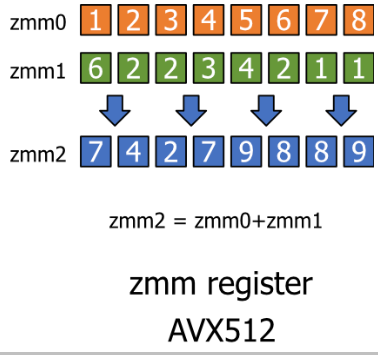 Writing efficient code is challenging but worthwhile. Andrew Drakeford demonstrates how SIMD (Single Instruction Multiple Data) can reduce your carbon footprint.
Writing efficient code is challenging but worthwhile. Andrew Drakeford demonstrates how SIMD (Single Instruction Multiple Data) can reduce your carbon footprint.
 A new episode of the series about SObjectizer and message passing:
A new episode of the series about SObjectizer and message passing: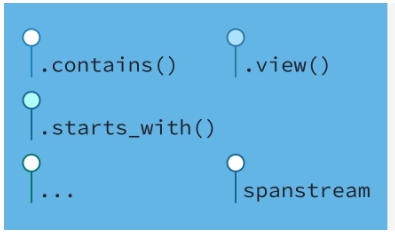 In this article, we’ll explore six practical string processing operations introduced in C++20 and C++23. These features represent an evolution in this crucial area, covering a spectrum of operations from searching and appending to creation and stream handling.
In this article, we’ll explore six practical string processing operations introduced in C++20 and C++23. These features represent an evolution in this crucial area, covering a spectrum of operations from searching and appending to creation and stream handling.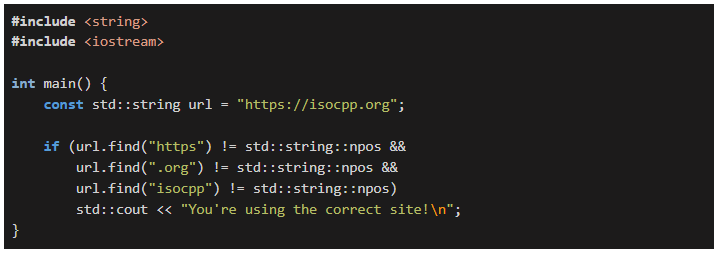
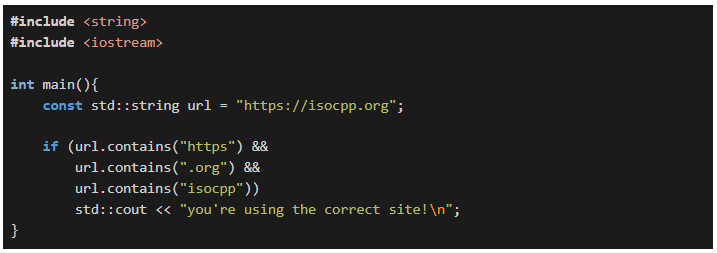
 A new episode of the series about SObjectizer and message passing:
A new episode of the series about SObjectizer and message passing: In my previous post, "
In my previous post, "